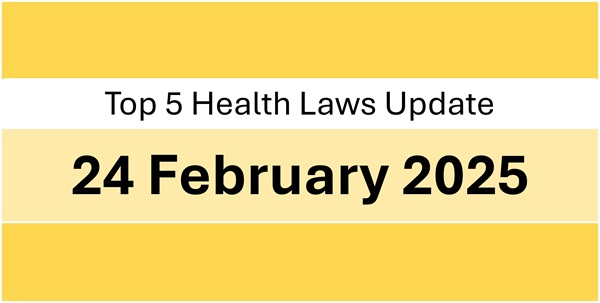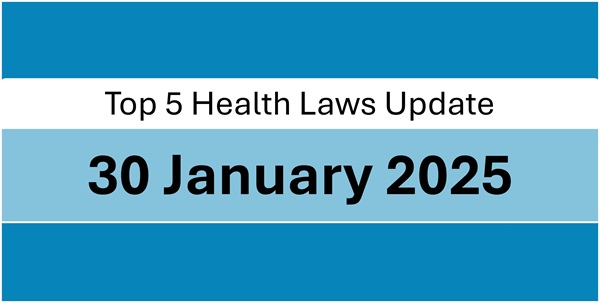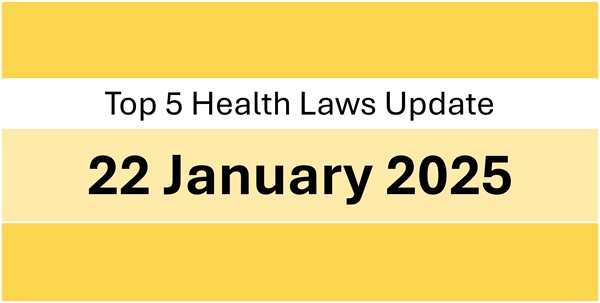India’s Department of Pharmaceuticals (DoP) has published The Uniform Code For Pharmaceutical Marketing Practices, 2024 (UCPMP 2024). The UCPMP is a code that governs the interaction between the industry and healthcare practitioners (HCPs/doctors) in India. The UCPMP 2024 replaces the UCPMP 2015, and is applicable to both pharma and medical device companies.
In the paragraphs below, we have summarized the business-critical changes between UCPMP 2024 and UCPMP 2015. The expression ‘company’ refers to both pharma and medical device companies, unless the context suggests otherwise.
Enforceability: The UCPMP 2024 is ‘kind of’ ‘somewhat’ mandatory. The text of UCPMP 2024 does not carry the word ‘voluntary’ as UCPMP 2015 did, but at the same time, it also does not have any statutory backing. It appears that the DoP is planning to enforce it through ‘audit’ mechanism. Under UCPMP 2024, DoP has the power to order an audit of any company upon receipt of a complaint of violation of UCPMP 2024 against the company. In case the audit proves a breach, the DoP may ‘recommend’ appropriate government agencies (such as the Income Tax Department and the National Pharmaceutical Pricing Authority) to take action against the company. An appellate body, which is headed by the Secretary, DoP, also has the power to ‘prescribe’ penalties to defaulting companies. Separately, the CEO of the company has to give an undertaking that the company shall abide by UCPMP 2024 will extend all assistance to ‘authorities’ for its enforcement.
Medical Education and Training: Companies can sponsor or organize conferences, workshops and trainings for doctors by themselves without having to necessarily collaborate with another entity, such as an association of doctors. Such conferences, workshops and trainings cannot be held outside India. The details of such events and expenses incurred by the company will have to be published on the company’s website. The record of these expenses may be audited by auditors appointed by the DoP. If the DoP auditors find discrepancies in the records, they will bring them to the attention of appropriate government agencies and authorities.
Hospitality and travel: During conferences and workshops, all doctors including delegates may be served modest meals. However, delegates cannot be offered travel facilities. Speakers may be offered both hospitality and travel facility.
Brand reminders: A company may supply doctors with informational and educational materials such as e-journals and dummy device models as brand reminders, provided that the total worth of each item does not exceed Rs. 1000. There is no cap on how many brand reminders can be given to the doctor. However, a brand reminder should not have an independent commercial value for the doctor.
Engagement of HCPs as a Consultant: Companies can continue to engage doctors as consultants for research, but the research has to be ‘bona fide’. The DoP is expected to provide more clarity on this issue.
Monetary grants: Companies cannot offer monetary grants under any pretext now, including for educational purposes to doctors who are pursuing training, residency, or fellowship.
Sample packs: A company may offer a doctor up to 12 sample packs of medicines each year. However, these sample packages should be properly marked as ‘not for sale.’ The monetary value of samples distributed by a company should not exceed 2% of its domestic sales.
Further changes to UCPMP 2024: The DoP has reserved powers to modify or limit the scope of UCPMP by issuing standing orders from time to time.
It is important that industry takes cognizance of the changes because any non-compliance with UCPMP 2024 may negatively impact a company’s industry standing and perception amongst doctors. India’s tax department has also been disallowing any expenses which have been incurred in contravention of UCPMP, so a mistake may prove very expensive.




